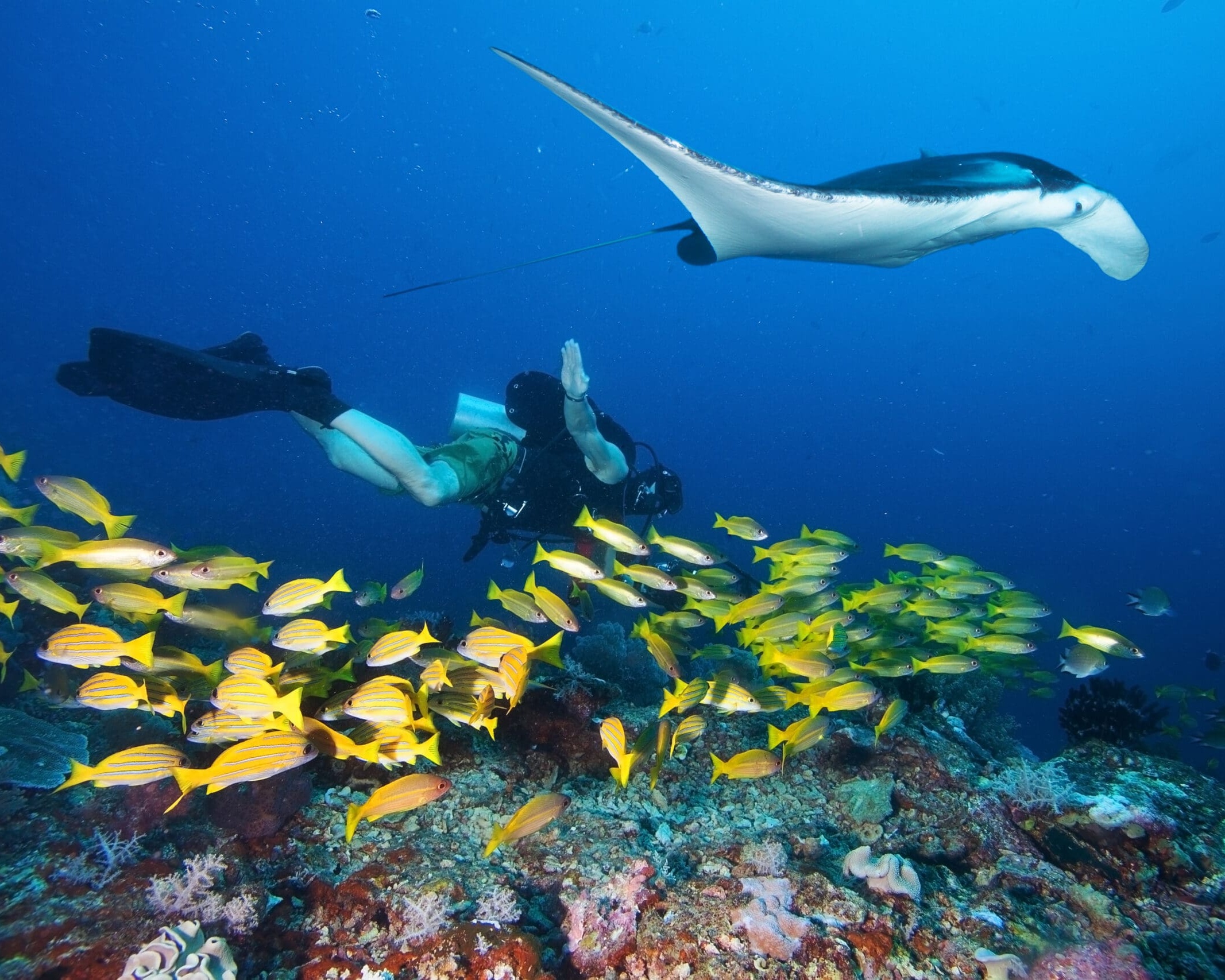Dive into the heart of Mozambique, where the rhythm of Africa beats loudest. From the pristine beaches of the Indian Ocean to the untamed wilderness of the interior, this corner of the world is not just a destination—it’s an experience.
Gear up for an adventure that blends the thrill of discovery with the warmth of a sun-kissed paradise, all waiting just a flight away.
Whether you’re craving the pulse of city life in Maputo, the serenity of the Quirimbas Archipelago, or the call of the wild in Gorongosa National Park, Mozambique offers a mosaic of experiences, each more captivating than the last.

The Best Time To Visit
The best time to visit Mozambique is during its dry season, which runs from May to October. This period offers sunny, warm days and minimal rainfall, making it ideal for exploring the country’s stunning beaches, engaging in water sports, and visiting wildlife parks.
May to October aligns with the cooler months in Mozambique, but “cooler” is relative here, meaning it’s pleasantly warm rather than hot, with temperatures ranging from about 15°C (59°F) to 30°C (86°F). This makes outdoor activities much more comfortable. Additionally, the lower humidity levels during these months contribute to clearer skies and better wildlife viewing conditions, especially as animals congregate around water sources.
For beach enthusiasts and divers, this period also promises clearer waters, particularly between July and December, which is optimal for diving and snorkeling, as visibility is at its best.
What To Know
In Mozambique, Portuguese is the official language. It’s a remnant of Mozambique’s colonial past under Portuguese rule, which lasted until 1975.
Beyond Portuguese, there are numerous indigenous languages spoken across the country, reflecting its cultural diversity. These languages include Emakhuwa, Xichangana, Elomwe, Cisena, Echuwabo, and many others, with Emakhuwa being the most widely spoken.
The currency used in Mozambique is the Mozambican Metical. The Metical is divided into 100 centavos.
Since its introduction in 1980, replacing the Mozambican Escudo, the Metical has undergone several changes, including a redenomination in 2006 to modernize the currency and stabilize the economy.
Visitors can exchange foreign currency at banks, official currency exchange offices, and sometimes at their accommodations. Credit cards are accepted in major hotels and restaurants, especially in larger cities and tourist areas, but carrying some cash is advisable for smaller purchases and rural areas.
While many tourists have safe and enjoyable visits to Mozambique, the country does face challenges with petty crime, such as pickpocketing and theft, particularly in urban areas and tourist spots. Visitors are advised to take standard safety precautions: keep valuables secure, be aware of your surroundings, and avoid walking in poorly lit or isolated areas at night.
There have also been instances of political and civil unrest, as well as violent crime in certain regions. The far north of Mozambique has experienced insurgent activity, leading to increased security risks. Travelers are encouraged to stay informed about the current situation, especially regarding regions experiencing instability, and to follow travel advisories from their home countries.
In terms of health safety, precautions should be taken against malaria and other tropical diseases, including using mosquito repellents and considering prophylaxis where recommended.
Engaging with reputable tour operators, staying at established accommodations, and using common sense can significantly enhance your safety while exploring the diverse landscapes and cultures of Mozambique.
Public transport in Mozambique primarily consists of minibuses known as “chapas,” which serve as the backbone for both urban and rural transportation. Chapas are widely used for short and long distances due to their affordability and extensive network, though they can be crowded and may not adhere to a fixed schedule. Larger buses offer more comfort and are used for longer distances, connecting major cities and towns across the country.
Taxis are available in cities and tourist areas, offering a more private but expensive option. Negotiating the fare before starting the journey is common practice.
For travel between coastal cities and islands, ferries and boats are utilized, providing essential links for both people and goods. However, services may vary in reliability and frequency.
While public transport in Mozambique is accessible and covers most areas, it might not meet the safety and comfort standards that some international travelers expect. Renting a car with a local driver is an alternative for those seeking more convenience and flexibility, albeit at a higher cost.
Mozambique Travel Guides
April 24, 2022
